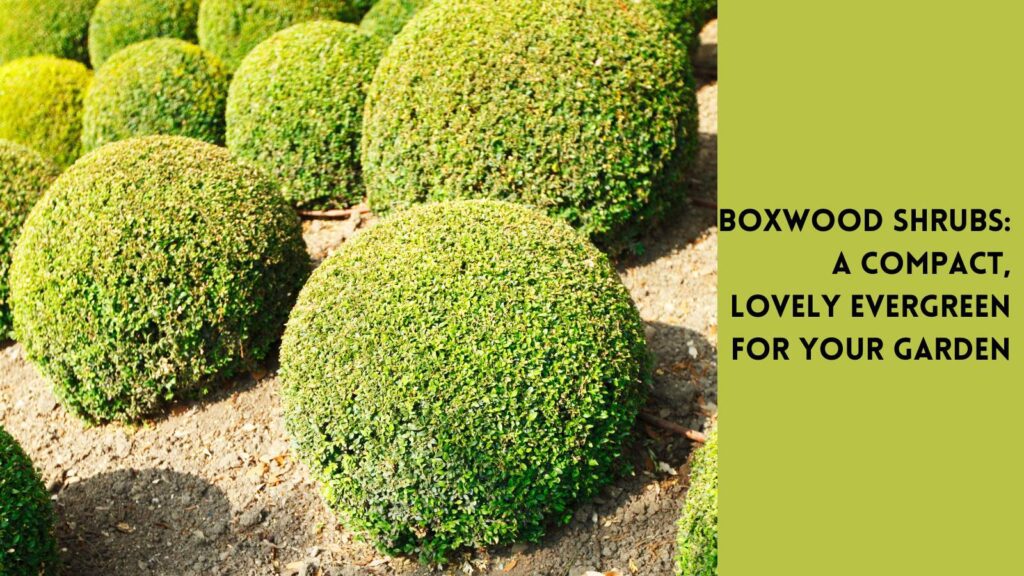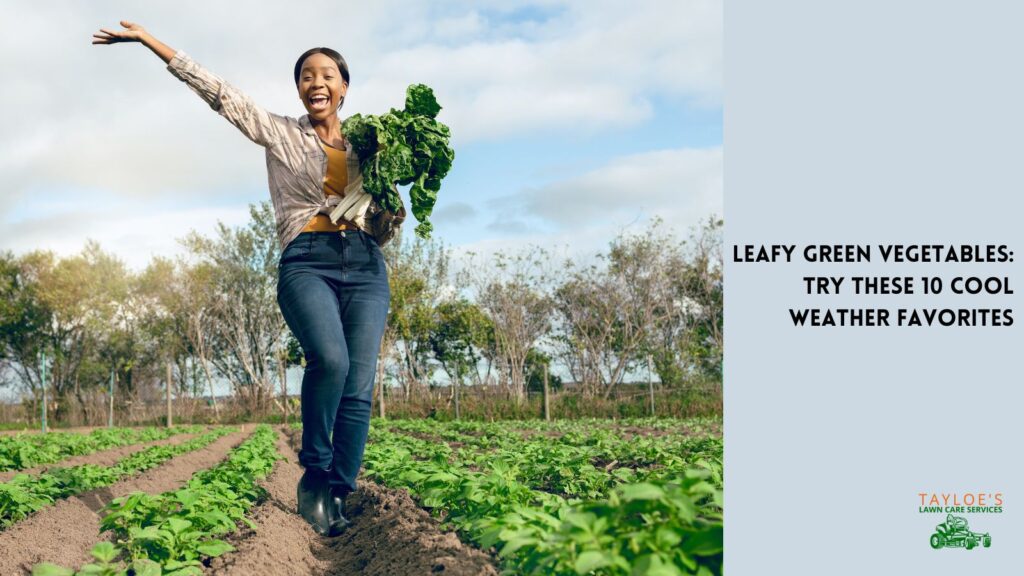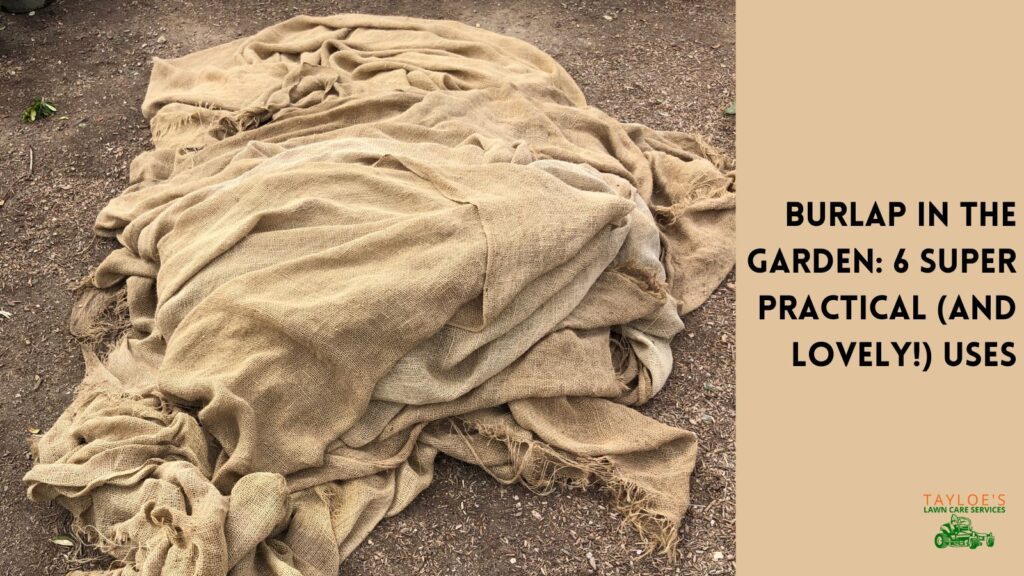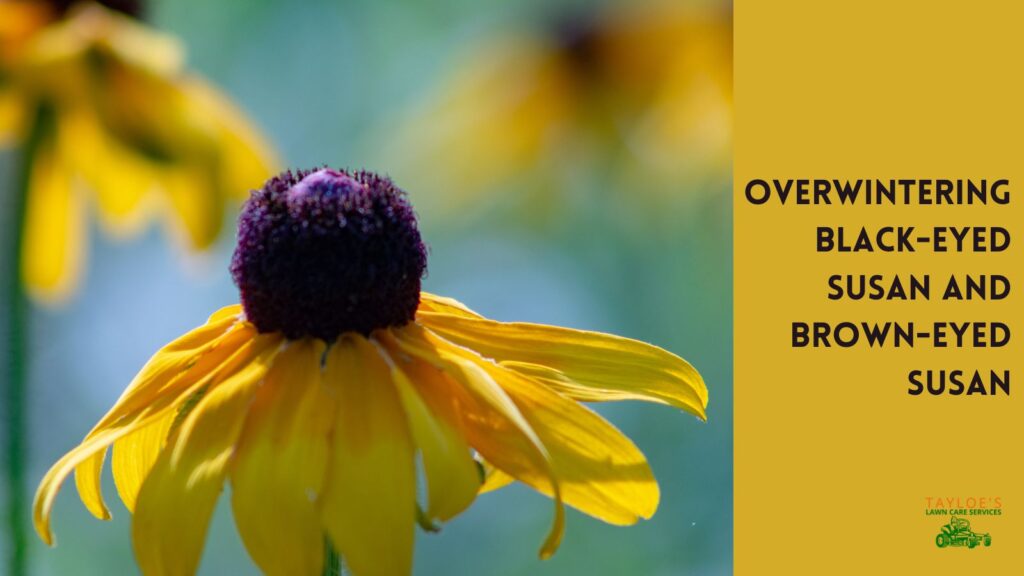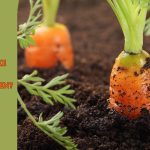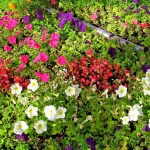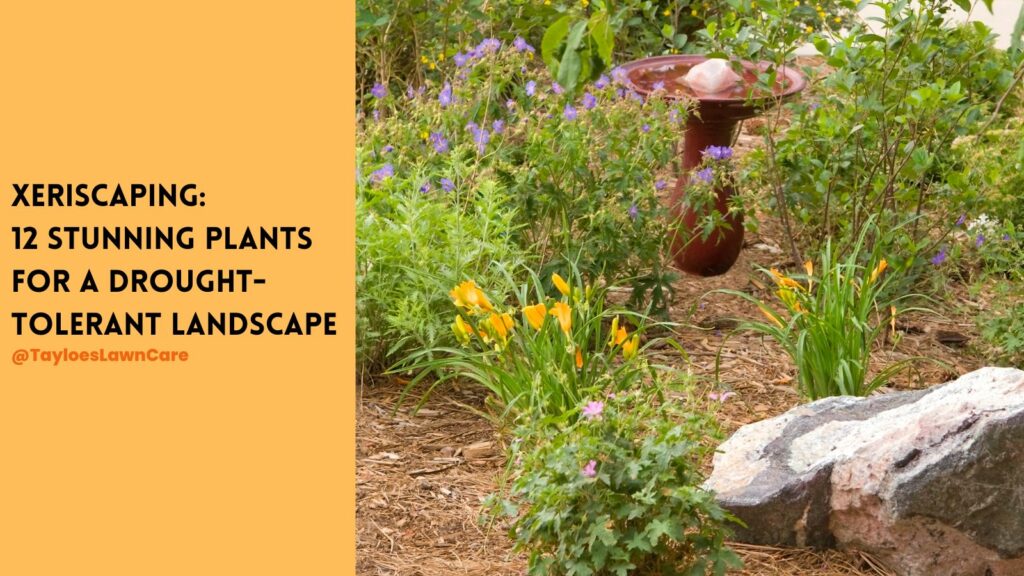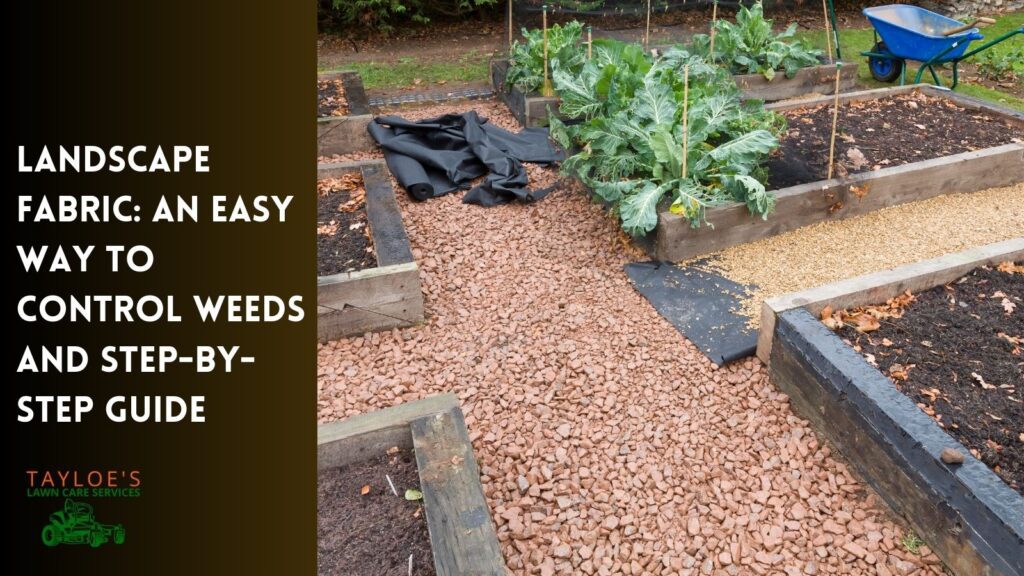Last Updated on: 18th March 2025, 01:00 pm
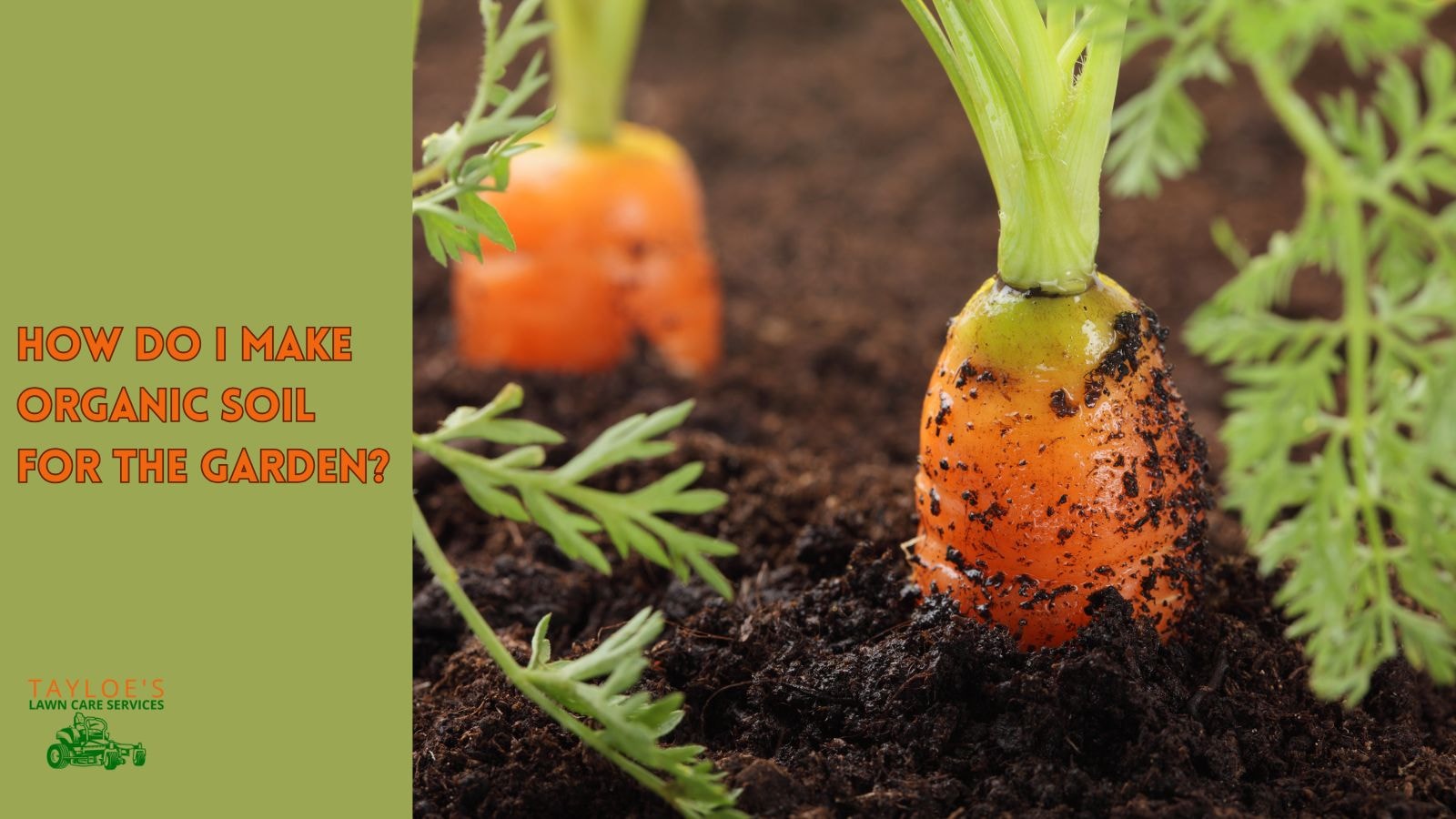
Organic matter supports naturally healthy plant growth.
There’s no better feeling in the spring than the first dig into the warming soil. However, many are reconsidering commercial growing mediums from past seasons and adding organic soil to their shopping carts. Before you buy organic materials, consider building your own.
It takes time for the garden beds to fully transition from chemical to organic. However, many are finding the benefits worth the wait, accepting incremental improvements to their plants year by year.
This page will explain the reasons for converting your garden. Is it for you?
The Benefits of Using Living Soil in Your Garden
Organic materials create teem with microorganisms, providing a dynamic ecosystem that promotes healthy plant growth. Unlike synthetic soils, living soil supports nutrient cycling, improves soil structure, and enhances water retention. The result? Vibrant, resilient plants that thrive without chemical fertilizers or pesticides.
Choose Good Quality Organic Potting Soil
Choosing potting soil is essential for the health of your plants. Look for a product that drains well and is free of chemicals. Good potting soil should contain peat moss, perlite, and compost ingredients. Avoid soils with added chemicals or synthetics; they disrupt the natural balance of your garden.
Why Plant Roots Thrive When Free of Chemicals
Organic products provide an ideal environment for plant roots to grow and develop. Rich in organic matter, it offers a steady supply of nutrients and promotes healthy microbial activity. These microorganisms help break down organic materials, releasing essential nutrients that plant roots can easily absorb. Additionally, you improve soil structure, allowing roots to penetrate more deeply and access water and nutrients more efficiently.
Building Soil Health in Outdoor Containers
Creating healthy soil in outdoor containers involves using a well-balanced mix of organic materials. Start with a base of potting soil and add compost, aged forest products, and earthworm castings to enhance fertility. Incorporate rice hulls or perlite to improve aeration and drainage. Regularly refresh the soil with organic amendments and monitor moisture levels to ensure optimal plant growth conditions.
Incorporating Kelp Meal into Your Soil Mix
Kelp meal is a fantastic organic amendment that provides a rich source of micronutrients, hormones, and enzymes. Incorporating this product into your soil mix can improve plant growth, increase resistance to pests and diseases, and enhance overall soil health. Mix it into your soil or compost before planting to boost your garden naturally.
The Role of Aged Forest Products in Soil Fertility
Aged forest products, such as decomposed bark and wood chips, are excellent additions. They help improve soil structure, increase organic matter, and provide a slow-release source of nutrients. These products also support beneficial microbial activity, promoting a healthy and balanced soil ecosystem. Use aged forest products as mulch or incorporate them into your soil mix to enhance fertility.
Utilizing Rice Hulls for Better Soil Aeration
Rice hulls are a sustainable and effective way to improve soil aeration. These lightweight materials help create air pockets in the soil, allowing plant roots to breathe and reducing the risk of root rot. Rice hulls also improve drainage and water retention, making them an excellent addition to potting soil and garden beds. Mix them into your soil to enhance its structure and health.
The Magic of Earthworm Castings in Soil Enhancement
Earthworm castings are a gardener’s secret weapon for enhancing soil fertility. Rich in nutrients and beneficial microorganisms, earthworm castings improve soil structure, increase nutrient availability, and promote healthy plant growth. Use them as a top dressing, mix them into your soil, or brew them into a compost tea for a natural, nutrient-rich boost to your garden.
Creating Compost from Scratch | Rich, Nutritious Soil
Compost is the cornerstone of organic gardening. Recycling kitchen scraps, yard waste, and other natural materials can create a rich, nutritious soil amendment that improves soil structure, increases nutrient content, and supports microbial activity. Start by building a compost pile or using a compost bin, and regularly turn it to speed up decomposition. Within a few months, you’ll have a dark, crumbly compost ready to enrich your garden soil.
Growing Herbs in Organic Soil: Tips and Tricks
Herbs thrive in chemical-free soil, which is rich in nutrients and well-draining. To grow healthy herbs, mix organic product with potting soil, compost, and perlite or rice hulls for aeration. Plant herbs in a sunny location and water them regularly, ensuring the soil remains moist but not waterlogged. Mulch around the base of the plants to retain moisture and suppress weeds and encourage herbs.
Essential Nutrients for Healthy Plant Growth
Plants require various essential nutrients to grow and thrive. These nutrients are divided into macronutrients and micronutrient. Natural products provide a steady supply of these nutrients by decomposing organic matter, ensuring that your plants receive the nutrition they need for strong, healthy growth.
How Flowers Benefit from Organic Soil
Organic soil is terrific for flowers, providing the perfect environment. The rich content and improved soil structure promote robust root development and vibrant flowers. Additionally, natural soil enhances water retention in flowers.
Understanding the Earth’s Natural Soil Processes
The earth’s natural soil processes are crucial in maintaining soil health. These processes include the decomposition of organic matter, nutrient cycling, and the activity of microorganisms and earthworms. Understanding and mimicking these processes in your garden can create a thriving, self-sustaining ecosystem that supports plant growth and soil fertility.
The Importance of Fresh Ingredients in Soil Mixes
Using fresh ingredients in your soil mixes is essential for maintaining soil health and fertility. Fresh compost, green manure, and other natural materials provide a continuous supply of nutrients and support microbial activity. Regularly adding fresh ingredients to your soil mix ensures that your plants receive the necessary nutrients for healthy growth and development.
Organic Fertilizers: Types and Benefits
Organic fertilizers come in various forms, including compost, manure, and plant-based products like kelp or alfalfa meal. These provide a slow-release source of nutrition, improving soil fertility without the risk of chemical buildup. Chemical-free products also support beneficial microbial activity, enhancing growth.
How Trees and Shrubs Benefit from Organic Soil
Thanks to its rich nutrient content and improved soil structure, chemical-free soil can help trees and shrubs thrive. It promotes profound root growth, enhancing their stability and resilience. The increased water retention and aeration also ensure these plants receive the moisture and nutrients they need to grow strong and healthy.
The Role of Nitrogen in Organic Soil Health
Nitrogen is a vital nutrient for plant growth, playing a key role in photosynthesis and protein formation. It is supplied through the decomposition of organic matter and the activity of nitrogen-fixing bacteria. Maintaining adequate nitrogen levels in your soil ensures plants have the energy and building blocks they need for healthy growth.
Starting Seeds in Richer Soil
Starting seeds in natural soil provides a nutrient-rich environment for young plants to germinate and grow. Use a light, well-draining soil mix, including compost, perlite, coconut coir, or peat moss. Keep the soil consistently moist but not waterlogged, and provide adequate light and warmth. With the right care, your seeds become healthy seedlings ready for transplanting.
Growing Vegetables in Organic Soil: Best Practices
Growing vegetables in organic soil ensures that your produce is healthy, nutritious, and free of synthetic chemicals. Prepare your soil with compost, aged manure, and natural amendments. Rotate crops to prevent nutrient depletion and reduce the risk of pests and diseases. Regularly add materials to maintain soil fertility and support healthy vegetable growth.
Perennials and Organic Soil: A Perfect Match
Because perennials are long-lasting in the garden, they benefit significantly from organic soil’s consistent supply of nutrients. The improved soil structure and water retention promote root growth and resilience. To maintain healthy perennials, periodically refresh with new compost and other natural amendments, ensuring that your plants continue to thrive year after year.
Maintaining Moisture
Maintaining the correct moisture level in organic soil is crucial for plant health. Organic soil, with its high organic content, retains moisture well, reducing the need for frequent watering. Mulching with organic materials like straw or leaves can help conserve moisture and prevent evaporation. Ensure proper drainage to avoid waterlogging, and regularly check soil moisture to keep your plants happy and hydrated.
The Importance of Phosphorus in Soil Nutrition
Phosphorus is an essential nutrient in root development, flower and fruit production, and overall plant health. In organic soil, decomposing organic matter releases it. Maintaining adequate levels ensures plants have the energy to grow strong and healthy.
Natural Substances to Improve Garden Quality
Improving soil quality with natural substances is an effective and sustainable way to enhance your garden’s health.
Compost
Manure
Green manure
Cover crops
Those are excellent sources of enrichment. Additionally, natural amendments like kelp, fish emulsion, and rock dust provide essential nutrients and support beneficial microbial activity, resulting in a thriving garden ecosystem.
How to Absorb Nutrients
Plants absorb nutrients through their roots, which take up water and dissolved nutrients from the soil. Organic materials, rich in beneficial microorganisms, provide a continuous supply of nutrients that plants can easily access. Ensuring proper soil aeration, pH balance, and moisture levels will help optimize nutrient absorption and promote healthy plant growth.
Tips for Growing Annuals in Organic Soil
Annuals, which complete their life cycle in one growing season, thrive in nutrient-rich growing mediums. To grow healthy annuals, start with a well-balanced soil mix that includes compost, aged manure, and perlite or rice hulls for aeration. Provide adequate water and sunlight, and regularly add to it to maintain fertility. With the proper care, your annuals will reward you with vibrant blooms and lush foliage.
The Role of Potassium in Plant Health
Potassium is a vital nutrient that supports water regulation, enzyme activation, and photosynthesis. It is supplied by decomposing natural materials. Maintaining adequate potassium levels ensures plants have the nutrients for healthy growth and development.
Organic Gardening Projects for Beginners
Starting an organic gardening project is a rewarding way to connect with nature and grow your food. Prepare your soil with compost and natural amendments. Choose easy-to-grow plants like herbs, lettuce, and tomatoes, and practice sustainable gardening techniques such as crop rotation, mulching, and companion planting.
The Benefits of Using Organic Soil
Using organic products in your garden improves soil structure, increases nutrient content, and enhances water retention. It supports a healthy ecosystem of microorganisms and earthworms that promote nutrient cycling and soil fertility. Additionally, organic soil reduces the need for chemical fertilizers and pesticides, making your garden more sustainable and environmentally friendly.
How to Choose the Right Bag for Soil Storage
Choosing the right bag for soil storage is essential to maintain the quality and freshness of your soil. Look for bags made of durable, breathable materials that allow air circulation while preventing moisture loss. Burlap is an excellent option! Store your soil in a cool, dry place away from direct sunlight and extreme temperatures. Proper storage ensures that your soil remains healthy and ready for use when needed.
Reaping the Rewards of Healthy Soil
Healthy soil is the foundation of a great garden. By investing time and effort into building and maintaining the soil, you’ll see the rewards of robust plant growth, abundant harvests, and a beautiful garden. Regularly add new materials, monitor soil health, and practice sustainable gardening techniques to ensure your living soil remains fertile and productive.
Enhancing Your Soil’s Ability to Support Plant Growth
Enhancing soil structure, nutrient content, and microbial activity can support plant growth. Compost and aged manure can enrich soil; natural amendments can provide essential nutrients. Maintaining proper soil aeration and moisture levels can encourage beneficial microorganisms. With a healthy soil foundation, your plants will thrive.
The Role of Mycorrhizae in Soil Health
Mycorrhizae are beneficial fungi that build symbiotic relationships with plant roots, enhancing nutrient uptake and promoting plant health. These fungi extend the root system, increasing the surface area for nutrient and water absorption. Mycorrhizae thrive in organics, supporting a healthy and balanced soil ecosystem. Incorporating mycorrhizal inoculants into your soil can boost plant growth and resilience.
Saving Money with Organics
Organics can save money in the long run by reducing the need for chemical products you’d buy at the store. By creating your compost, using natural amendments, and practicing sustainable gardening techniques, you can maintain a healthy and productive garden without the high costs of synthetic products.
Keeping Your Soil Stocked with Nutrients
Maintaining soil is essential for healthy plant growth. To replenish nutrients, regularly add organic materials like compost, aged manure, and green manure. Natural fertilizers like kelp, fish emulsion, and bone meal are also great options. Monitor soil health through regular testing to ensure your garden remains fertile and productive.
Waiting for Soil Improvements to Take Effect
Patience is key when working through the conversion process. Improvements such as increased nutrient content and better soil structure take time to develop as organic material decomposes and microorganisms do their work.
While it may be tempting to add synthetics for a quick fix, trusting the natural process will yield more sustainable, long-term benefits for your garden. Monitor your soil’s progress and adjust as needed, but remember that great things take time.
Growing a Thriving Garden with Organic Soil
Growing a thriving garden begins with healthy soil. Regularly adding compost and other organic amendments, practicing crop rotation, and maintaining proper soil moisture and pH levels are key to creating a fertile environment for your plants. By prioritizing soil health and using organic methods, you can cultivate a beautiful, vibrant garden that supports a healthy ecosystem.
Choosing the Best Soil Brand for Your Garden
With so many soil brands on the market, choosing the right one for your garden can be overwhelming. Look for brands prioritizing quality and sustainability, using organic ingredients and avoiding synthetic additives.
Reading customer reviews and seeking recommendations from fellow gardeners can also help you find a trusted brand. The right soil brand will provide a solid foundation for your garden, ensuring healthy and thriving plants.
Where to Shop for Organic Soil Ingredients
Finding quality organic products can be as simple as visiting your local garden center or nursery. Many stores carry various organic amendments, including compost, manure, and natural fertilizers. Online retailers offer a convenient way to shop for specific products, often with detailed descriptions and customer reviews to help you make informed choices. Supporting local businesses and reputable online shops ensures you get the best garden products.
Winterizing Your Garden Soil in November
You’ve probably been harvesting here in eastern NC since June. Show your soil some love at the end of the season! Preparing your garden soil for winter is essential to protect it from harsh weather and ensure it’s ready for the next growing season. In late fall, add a thick layer of mulch, such as straw or leaves, to insulate the soil and retain moisture. Plant cover crops, like clover or rye, to prevent soil erosion and improve fertility – the seeds start to emerge in just over a week.
Watering Organic Soil
Proper watering is crucial for maintaining healthy organic soil. Organic material retains moisture well, but striking the right balance is essential. Overwatering can lead to waterlogged soil and root rot, while underwatering can stress plants and reduce nutrient uptake. Provide it deeply and less frequently to encourage root growth, and monitor soil moisture regularly to ensure optimal plant conditions.
Organic Soil Ingredients: What to Look For
When selecting ingredients, look for nutrient-rich materials that support microbial activity and improve soil structure. Key ingredients include compost, aged manure, earthworm castings, kelp, and rock dust. Avoid synthetic additives and chemicals, as they can disrupt the natural balance of your soil. Choosing high-quality organic ingredients ensures fertile soil and supports healthy plant growth.
Great Tips for Maintaining Soil Quality
Maintaining soil quality requires regular care and attention. Add compost and organic material to replenish your garden bed or containers, practice crop rotation to prevent nutrient depletion, and use natural amendments like kelp and rock dust to enhance soil health. Mulching, proper watering, and maintaining soil pH are also key practices. Following these tips will keep your soil healthy and productive year-round.
How to Remove Contaminants from Soil
Contaminated soil can pose a risk to plant health and garden productivity. To remove contaminants, start by testing your soil to identify specific pollutants. Incorporate compost and biochar to help bind and break down contaminants. Planting certain species, like sunflowers or willows, can also help absorb and remediate toxins. Regularly monitor soil health and adjust to ensure safe and healthy plants.
How to Perfect Your Soil Mix
Creating the perfect soil mix involves balancing organic materials, aeration, and nutrient content. Start with potting soil and add compost, aged manure, and earthworm castings for fertility. Incorporate perlite, rice hulls, or sand to improve drainage and aeration. Adjust the mix based on your plant’s specific needs, ensuring that your soil provides optimal conditions for growth.
Exploring Different Organic Soil Products
The market offers a variety of products, each with unique benefits. Explore options like compost, aged manure, green manure, and natural fertilizers to find what works best for your garden. To enhance soil health, consider specialized products like mycorrhizal inoculants or biochar. Experimenting with different products can help you discover the best solutions for your gardening needs.
Fast Solutions for Soil Improvement
Consider using organic amendments like compost tea, fish emulsion, or liquid kelp for quick soil improvement. These products provide an immediate nutrient boost and support microbial activity. Aerating the soil and adding mulch can also rapidly enhance soil structure and moisture retention. While long-term soil health requires ongoing care, these fast solutions can instantly lift your garden.
Do We Agree on the Best Practices for Soil Health?
Many gardeners have definite opinions on whether natural products are better or a waste of money. Either way, it’s nice to know and consider all options before you decide which products to stock in your shed.
Love reading our gardening ideas? Please follow our Facebook posts for frequent updates and new content.
Author Profile

- Maureen Abuor
- Maureen Abuor is a professional content marketing strategist and SEO strategist, with particular knowlege of creating landscaping and gardening content that informs and delights her audience. When she's not working, she's a busy mother of three precious little ones and child of God.
Latest entries
 Lawn CareApril 29, 2025Best shady area grass seed for Eastern NC
Lawn CareApril 29, 2025Best shady area grass seed for Eastern NC GardeningApril 15, 2025How do I make organic soil for the garden?
GardeningApril 15, 2025How do I make organic soil for the garden? Flower GardenMarch 7, 2025What are wave petunias?
Flower GardenMarch 7, 2025What are wave petunias? Flower GardenMarch 3, 202520 Full-sun annuals for your spring and summer garden
Flower GardenMarch 3, 202520 Full-sun annuals for your spring and summer garden

